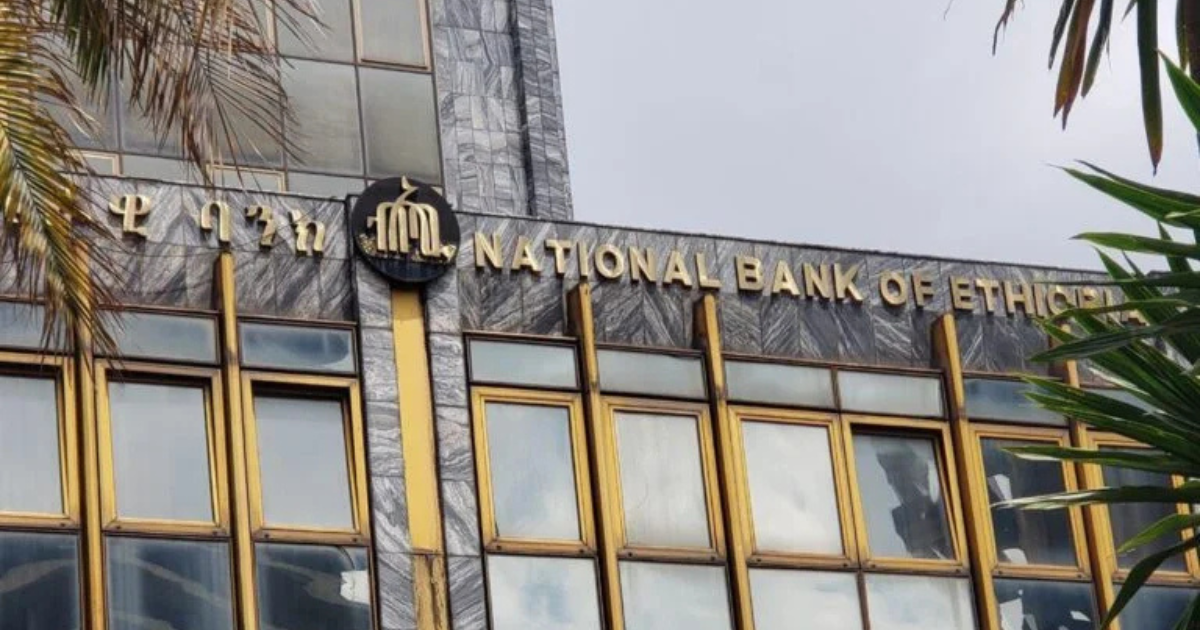Ethiopia’s Financial Intelligence Service has made Ethiopia Crypto Regulation a priority, even though the country still prohibits cryptocurrency trading. The Ethiopian authorities are putting in place new rules and methods to regulate virtual currencies when they are yet to become legal.
Key-Takeaways:
- Ethiopia has put a ban on cryptocurrencies and is at the same time developing regulations and training its financial crime experts.
- Many terrorist groups operating in the region are taking advantage of virtual currencies to avoid official financial observation
- It is strengthening two kinds of regulation for the possibility of continued restrictions or legalizing marijuana use in the future.
Training Cooperation Programs and Global Partners

The Financial Intelligence Service has set up trainings that help financial crime experts learn how to handle cryptocurrency-related tasks. They aim to improve how the country handles new cases of digital financial crimes.
FIS Director Muluken Amare revealed the country’s preparations during the Eastern and Southern Africa Anti-Money Laundering Group (ESAAMLG) gathering in Addis Ababa. He pointed out that Ethiopia is determined to improve its laws for cryptocurrency.
The Ethiopia Crypto Regulation initiative includes working together with international organizations. These consist of the United Nations, Russia, and all the member states that belong to ESAAMLG.
The programs train financial investigators and intelligence teams to find out illegal activities involving cryptocurrency. Main subjects are avoidance of taxes, laundering money, and financing of terrorism.
The Ethiopia Crypto Regulation framework admits that terrorists might use virtual currencies for their goals. Al-Shabaab, Al-Qaeda, ISIL, and Daesh are making more use of digital money to prevent them from being identified by banks.
As a result, it becomes difficult to trace most payments and questions the effectiveness of existing watchdogs. For this reason, Ethiopia is stepping up its efforts to deal with any new security problems.
Current Situation in Enforcing the Law

Currently, in Ethiopia, only the Ethiopian Birr is allowed for financial activities. In a revised proclamation made months ago, the National Bank of Ethiopia formally disallowed using cryptocurrency. However, FIS officials mention that there could be crypto transactions being made in the country without following the rules.
According to Director Amare, the Ethiopia Crypto Regulation approach should not classify all virtual currency activities as criminal unless they are part of terrorist financing or fraud. Amare pointed out that all such transactions should not be thought of as automatically illegal, considering the complexities of regulation.
It is challenging to recognize the difference between transactions that could cause trouble and those that are serious crimes. The country’s crypto laws ought to address matters of enforcement as well as include provisions for allowing certain crypto activities not meant for criminal activity.
Regional Security Issues and Managing Risk

There are major worries among regional experts about illegal use of cryptocurrencies in Eastern and Southern Africa. Kamal Anwar, who works for the United Nations on counter-terrorism, noted that in the region, terrorists, secretly tax evaders, corrupt people, and those who commit fraud use virtual assets.
ESAAMLG’s senior legal advisor, Muluken Yirga, urged neighboring countries to team up and enhance their legal abilities to deal with cryptocurrency-related offenses. Such a move works to monitor and limit illegal cryptocurrency activities in the region.
The rise in using cryptocurrencies by terrorist groups has notably motivated the efforts in Ethiopia Crypto Regulation. They take advantage of virtual currencies’ pseudonymous feature to send and receive funds without being watched by standard banks.
There are two different scenarios being considered in the Ethiopia Crypto Regulation planning. Possibilities are to keep prohibition with harder enforcement or, alternatively, to move to legalization and oversee the whole industry.
Officials stress the need for people to be ready for either possibility. Effective systems should be set up to manage cryptocurrencies or make sure that current prohibitions are followed.
When virtual currencies are made legal, the Ethiopia Crypto Regulation framework will ensure that there is close scrutiny to control any misuse and support legal activities. According to Director Amare, upgrading regulations and raising law enforcement standards would be necessary for safe legalization in the future.
In case the prohibition remains, Ethiopia Crypto Regulation will pay attention to improving law enforcement and outlining strong penalties for those who break the rules. Officials are working to develop capacity and abilities that will be needed no matter what the government’s ongoing policy choices will be.
Conclusion

Currently, Ethiopia Crypto Regulation manages virtual currency matters in a practical way while its use is still restricted. The nation is enhancing its skills in regulating and enforcing laws to handle issues related to cryptocurrencies. As a result, Ethiopia could stick with prohibition or start the process of regulation in the future. Preserving the country’s safety and sovereignty over its money forms the main part of this strategy.










